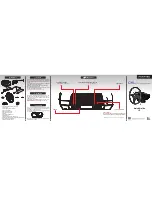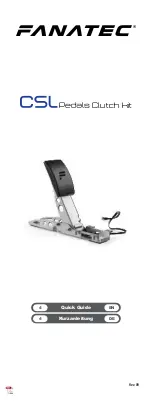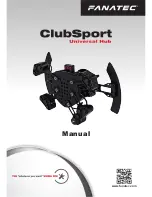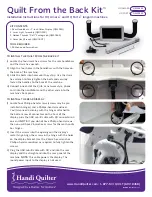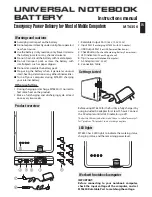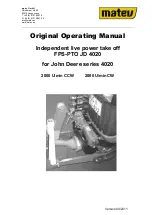
Harness User’s manual
| STRIKE 2
SUPAIR
| STRIKE 2
| page 32
Once up in the air, the STRIKE 2 behaviour is stable and instinctive.
Please set the distance between the two carabiners according to aerology and to the wing manufacturer’s recommendations.
We recommend a cautious speed-bar use due to the increased risk of major partial or full frontal collapses.
Use the speed-bar/accelerator ( transitions ) only when far away from the ridge and in calm weather conditions as the wing becomes
more sensitive to turbulence when accelerated. If you feel a loss of tension in the speed-bar/accelerator, stop pushing it and apply a light
brake pressure on the toggles to prevent the glider from experiencing a potential frontal collapse.
Warning ! Do not apply pressure on the speed-bar with your feet to push yourself inside the harness (it is not a foot-rest) : risk of a full
frontal collapse !!!
To use the speed-bar, maintain one foot on the footrest then with the other, place your foot onto the centering space and push the first bar.
Straighten yourself in your harness and adopt a running posture to dissipate the horizontal speed.
Always be certain to have enough altitude to make a landing approach corresponding to the weather conditions of the moment and ter-
rain. During the landing approach, never make hasty maneuvers. Always land upwind in a standing posture and be ready to run upon
touchdown if necessary.
During your final approach, use as much airspeed as possible based on the weather conditions of the moment, then gradually reduce the
glider air speed by pushing the toggles all the way down until contact with the ground is made. Beware not to brake too soon and too rapidly
and too deep which could lead to a stall and a dangerous landing.
During high wind speed landings, turnaround and face the wing as soon as ground contact is made and move toward the wing while brak-
ing symmetrically to deflate it. Do not land in a seated position as it is dangerous.
FLIGHT PHASES
In flight
Speedbar use
Landing





























